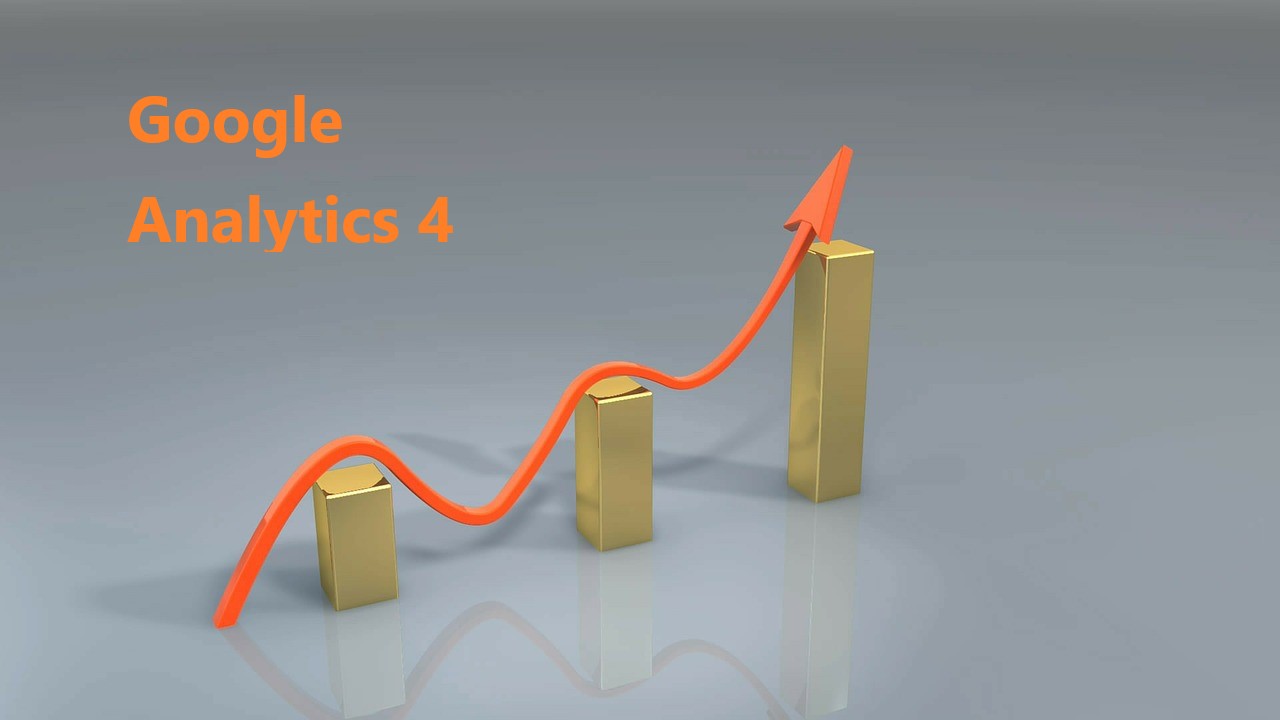We should not be surprised by the fact that artificial intelligence (AI) is rapidly advancing in virtually every field in which it is used, especially AI for marketing. According to the most recent data, artificial intelligence technology can increase business efficiency by up to 40%.
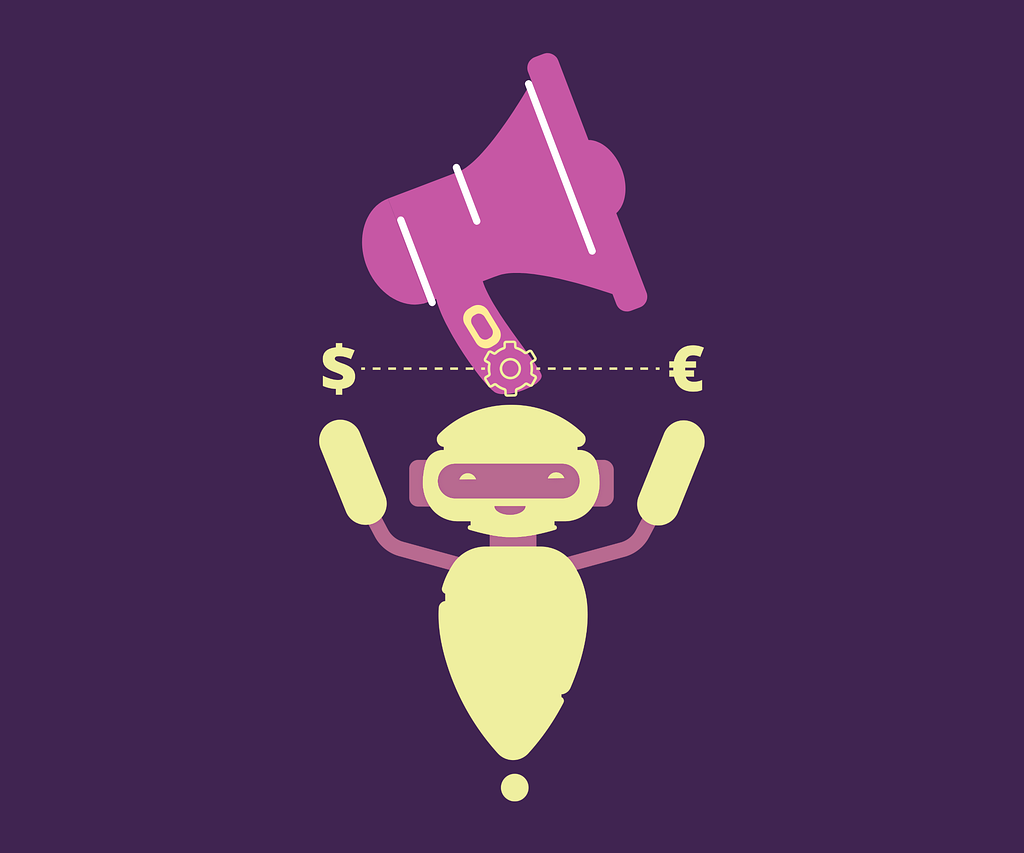
In marketing, the key activities are to understand customers’ needs, match them to products and services, and persuade customers to buy. AI can make these essential functions more effective. Businesses who have AI at their disposal will undoubtedly have greater opportunities to remain ahead of the competition in a variety of ways.
Learn the basics of artificial intelligence and how to use it to your advantage by implementing smart, effective marketing techniques.
What is AI Marketing?
Artificial intelligence marketing involves leveraging technologies to gather customer data, make predictions about customers’ next moves, and automate marketing decisions that impact marketing campaigns.
Marketers can gain a detailed understanding of their clients’ behavior with AI, as well as their actions and cues. As a result, they are able to effectively and efficiently target the correct strategy to the right person.
The importance of AI marketing
With the use of artificial intelligence (AI), marketers can analyze vast amounts of marketing data from social media, emails, and the web reasonably quickly. In light of this, every company needs to use AI marketing.
Let’s explore the features of AI marketing in more detail:
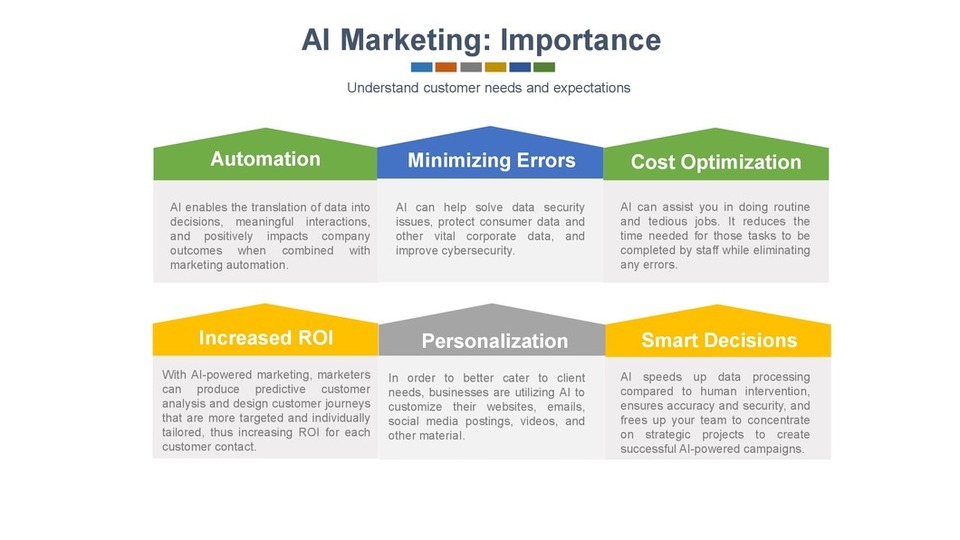
How should artificial intelligence be used in marketing?
The use of artificial intelligence can automate many of the tasks. These includes planning campaigns, launching them, measuring their success, and tweaking them to improve performance.
To find out how, here are ten ways that your business can start adopting AI-based marketing right away.
Identifying Your Target Market and Creating Buyer Personas
Every consumer category is unique—indeed, they differ greatly from one another. They each hold different ideals, worldviews, emotions, and life experiences. Sending the same messages to all of your consumers is a surefire way to waste money. To put it another way, they desire customization.
AI is able to determine which consumer profiles lead to the most interaction and sales. Customers’ location, age, device, activity, and other information can be identified. You can retarget consumers who are interested in the products and messaging of your business by using the data gathered from previous and current campaigns.
78.6% of the more than 2,200 customers it polled “indicated they are only inclined to connect with a brand through coupons or other offers if those promotions are closely tied to how they have interacted with the company previously.”
Marketo Research
Nike- Personalized online experience
Nike uses artificial intelligence to customize experiences for customers. Nike’s website can make personalized product recommendations for each customer thanks to technology. Customers can also use photos and conversational language to look for products without speaking to anyone.

Nike makes extensive use of AI to completely personalize the client experience, which adds a ton of value to their company.
Campaign Management
You can install AI software into your marketing and advertising campaigns to learn average behavior. Up until you notice a data surge or other unexpected activity, you continue to work as usual. These might be either favorable or unfavorable, such as more revenue from ads compared to expectations or a drop in click-through rates.
These conclusions might help your company spend more time and money on initiatives that result in results.
The typical work week for marketers includes about 16 hours. That equates to almost one-half of a full workweek. So what should a marketer do? Use AI to your advantage.
Hubspot Study
Sales Forecasting
Predictive analytics can be used by AI marketing software to forecast sales. Teams can continue to operate normally while seeing a preview of the results of their effort. This also avoids wasting weeks or months on something before deciding whether or not to scale it.
Machine learning is used in predictive analytics to train models using both historical and current data. As a result, the more you use it, the more accurate and useful it becomes.
The secret is to predict the sales KPIs that are important to your company. They might consist of:
- Conversion rates (Number of conversions / Number of total ad interactions)
- Customer lifetime value (Customer Value X Average customer lifespan)
- Customer churn/retention rate (Churn Rate: Lost customer / Total customers at the start of the period) X 100
- Cost per acquisition (Total cost / Number of new customers acquired from the same campaign)
- Average sales cycle length (Total number of days it took to close every sale / Total number of deals)
Utilize the AI forecasts to ascertain whether certain channels or marketing tactics are helping you to hit or miss your KPIs.
Chatbots
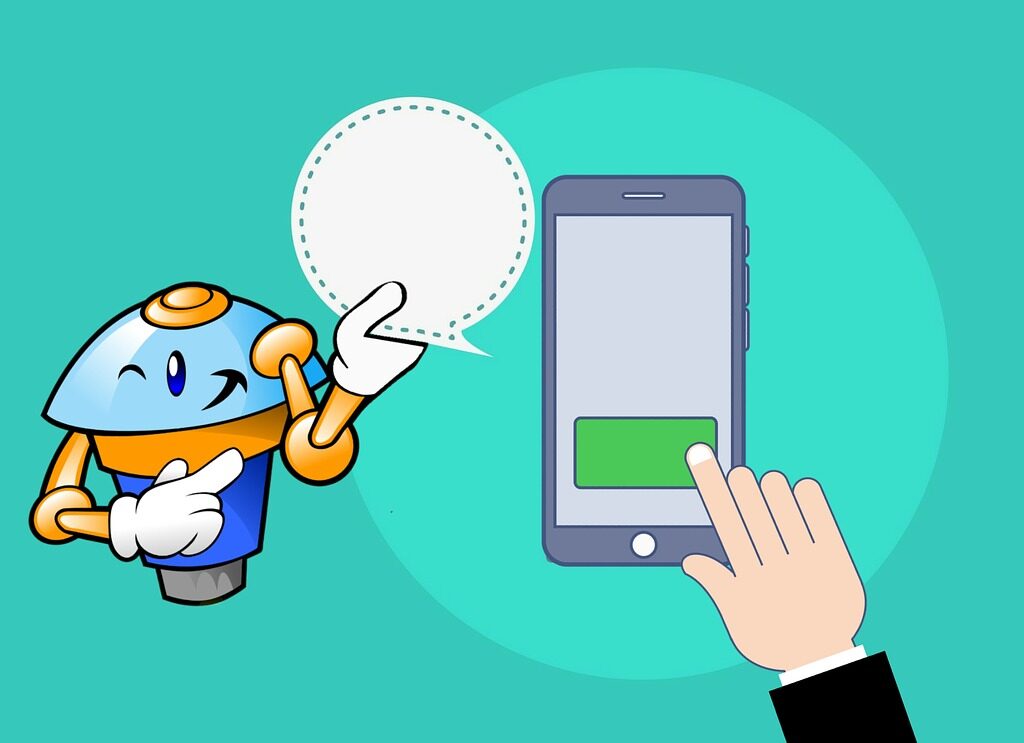
A customizable chatbot function in AI marketing software is something to consider. Next, add prompts depending on actions such as reading particular information or interacting with page elements. To increase engagement, make the conversation and the questions relevant to your buyer profiles.
The conversation can then be taken over by live salespeople who can give a discovery call or consultation to complete the sale.
AI-powered PPC advertising
In PPC advertising, AI is frequently used. Research on the use of artificial intelligence in PPC (pay-per-click) advertising by PPC experts produced some fascinating results.
The following are a few of the most popular AI applications in PPC:
- Responsive ads
- Smart bidding
- Dynamic search ads
- Price optimization
- Account management
Content Generation
By providing each consumer with individualized offers, information, and assistance, brands can use AI to enhance the customer experience. Consider the last time you went to an online retailer.
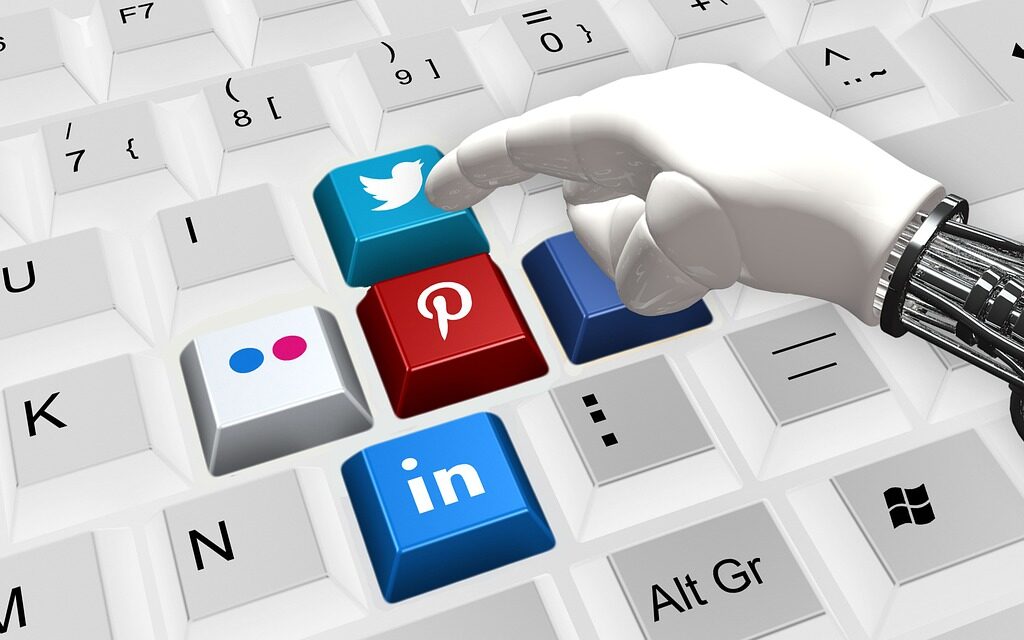
You visit a page with products you might like and choices for the things you are going to buy. AI analyses the goods you’ve already purchased and suggests goods based on your needs. This is an illustration of how personalization enabled by AI enhances the consumer experience.
Speech Recognition
Artificial intelligence with speech recognition capabilities, such as Siri, Alexa, or Google Assistant, may understand spoken words and/or translate them into text to carry out a task. Even apps like Shazam, Google Maps, and other hands-free devices employ speech recognition.
Voice shopping revenues are anticipated to increase from USD 2 billion in 2018 to USD 40 billion in 2022. If the facts are accurate, it should go without saying that speech recognition should be used in your marketing strategy.
BMW-Intelligent personal assistant
The cars from BMW with AI enhancements come with a smart personal assistant. Different vehicle features, including climate control, lights, media, and settings like “Caring Car,” “Experience Modes,” etc., are made possible via this personal assistant.
Drivers may connect with their cars the same way they do with their smartphones thanks to this great assistance. It is a voice-activated handbook that can anticipate travel paths to streamline the input of destinations, warn drivers, and connect with other apps.
Dynamic Pricing
The term “personalized pricing” is frequently used to describe dynamic pricing. In this pricing method, supply and/or demand are used to establish a product’s price. An excellent illustration of this is when the cost of ride-sharing applications climbs in response to increased demand.
You can receive real-time pricing from an application or website. The bot keeps track of your predictive analytics use cases, including cookies, history, searches, and other actions.
Amazon
Amazon developed a pricing strategy to succeed in the contemporary, dynamic market. Dynamic pricing on Amazon has been a huge success. The company uses this tactic to adjust prices at the same quick pace as market demand, rather than overwhelming customers with sudden price changes.
With the first-mover advantage, Amazon can give customers appealing product prices before their rivals take any action, keeping them one step ahead of the competition.
Automated image recognition
AI is used by well-known companies like Google, Facebook, Pinterest, and Amazon to accurately identify people and objects in pictures and videos up to 99.75 percent of the time.
Image recognition can improve the synchronization between online content and retail visits from a marketing standpoint. To provide customers with a better online purchasing experience, several stores use facial recognition software to track customers’ in-store visits and link those trips to their profiles.
Others use this technology in conjunction with AI-controlled push notifications to provide tailored messaging and real-time offers to each customer. As a result, there are more interactions between businesses and their customers, and they remain more engaged while shopping.
Alibaba- FashionAI store
To simplify the fashion retail experience for customers, Alibaba’s FashionAI store uses three essential features:
- Smart lock– Special tracking tags with radio-frequency identification, gyrosensors, and low-energy Bluetooth chips are attached to the products in this store. Each item of clothing will have specific information about the thing it is tied to.
- Smart mirrors– Because each product has an intelligent lock, it shows information about the goods buyers are interacting with. Smart mirrors can also suggest additional clothing to go with the items that clients are now looking at.
- Fitting Experience-With this idea, customers may rapidly get the greatest look out of what they are wearing by adding suggested clothing and accessories that store staff members bring to them once they try an item on.

Achieve data privacy and quality
AI can enhance an organization’s data privacy and quality. Typically, marketers will require access to a tremendous amount of data. Therefore, having high-quality data in a location where AI can effectively do its work is essential in order to take advantage of artificial intelligence solutions.
To prevent problems with data quality brought on by complex data management, consider employing a modern data warehouse and deploying all-in-one data management software. AI helps you get data more effectively and shields this valuable source of information from online threats.
Will AI eventually supersede digital marketers?
Even while AI is helpful, those of you who work in the digital marketing sector are aware that it still requires uniqueness, inventiveness, and imagination to create new ways to interact with clients. In other words, human interaction is still necessary in digital marketing.
It requires storytelling and emotion, two skills that AI lacks in the ways that are now required for successful marketing.
Although there will always be a need for human abilities, you’ll gain from understanding and accepting that your position in digital marketing may mutate with time. The objective of the majority of businesses and marketing departments today is to figure out how to use AI to their advantage when it comes to their digital marketing strategy rather than to completely replace human employees.
There are a few things for marketers to think about in order to succeed with AI marketing:
- Make sure your data is adequate for AI algorithms to learn from and accurately evaluate.
- Never leave personalization entirely up to the tools. Users must feel at ease with the content.
- Identify the areas in which AI may have the most influence and provide the best return on investment for your company.
Wrap Up
The future of marketing is already being shaped by artificial intelligence, which has advanced significantly since a long time ago. Implementing this technology in your company is entirely up to you.
There is no doubt that AI will play a major role in the future. You can make the most of your AI tools by adhering to best practices, such as giving your software as much data as you can and incorporating it into all of your marketing initiatives. Using AI-powered marketing and tools is essential if you want to operate a successful online business in the upcoming years.


